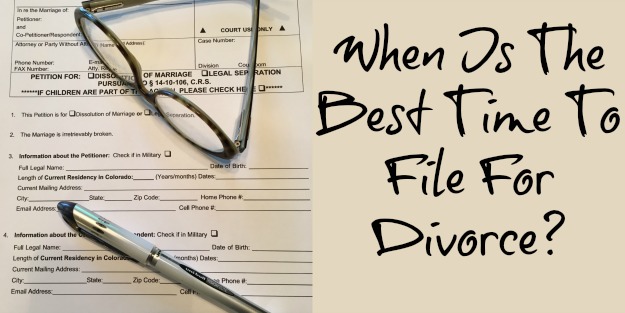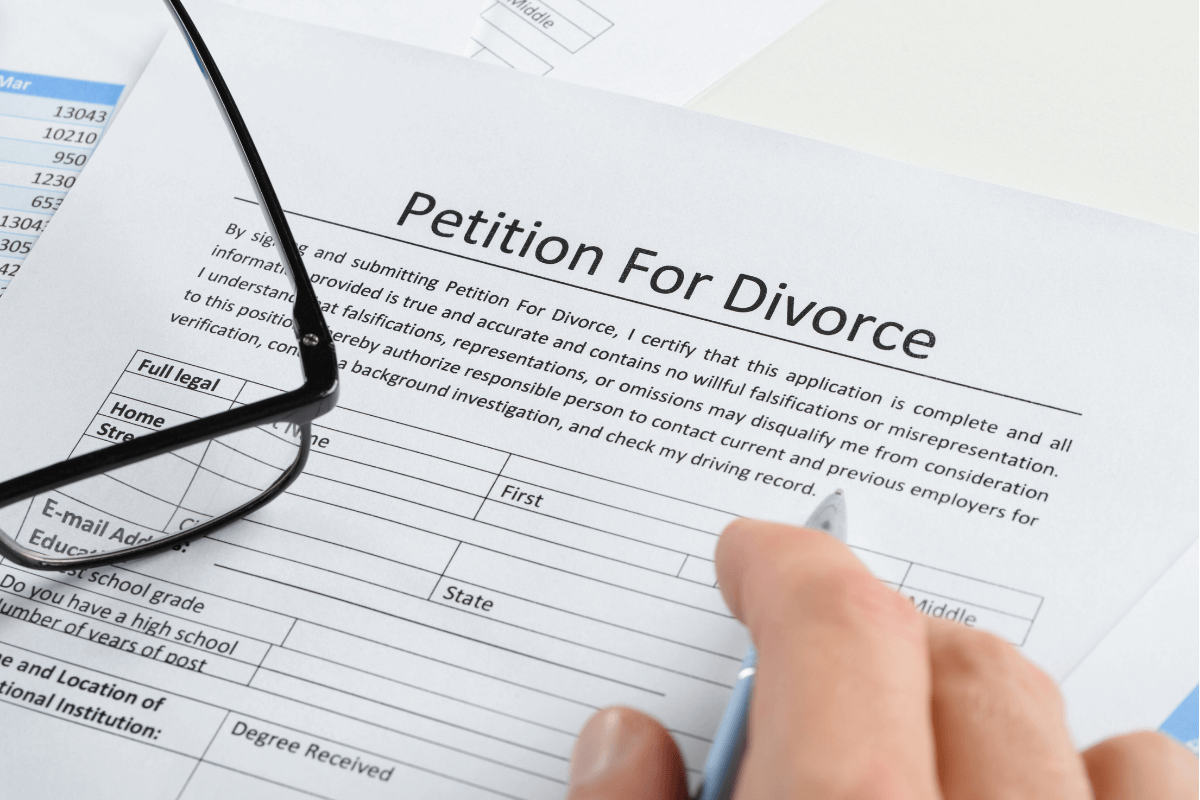This is Part 1 of the ‘Can I file for a Divorce in Georgia if…?’ series. In the twenty years I have been handling divorce cases in my Lawrenceville office I have been asked numerous questions about filing for divorce. This series is focused on addressing common questions that many have asked when considering filing for divorce in Gwinnett County and the Atlanta metro area. If you have any questions after reading this post please contact me at my Lawrenceville office for a free consultation.
Filing for Divorce when the husband and wife are still living together is common in Georgia
I receive a number of calls at my Lawrenceville office asking if a husband and wife have to be living in separate residences in order to file for divorce. The answer is no. Each year I handle a number of divorce cases in Gwinnett County and in the metro-Atlanta area and I have found that just about half of the time the parties are still living together when the divorce action is filed.
Why spouses may choose to continue to live together during the Georgia Divorce process
I have learned over the twenty plus years that I have been practicing law in Georgia that the main reasons that husbands and wives continue to live together during the divorce process is to be able to interact with their children on a daily basis and to save money. Although the facts of each case are different and my advice may differ depending on the specific circumstances, it is usually the better practice not to leave the marital residence. ( However, of course, if there has been violence, the threat of violence, or a concern about violence in the home, then you must take the appropriate immediate action to protect your children and yourself – such action may include removing yourself and the children from the situation, calling the police and/or filing an request for atemporary restraining order.)

4 Steps for spouses to take to help them live together during the Georgia Divorce process
Communicate – Although tension and emotions often run high in a divorce case it is very important that the parties be able to communicate about such important issues as the children and the payment of bills and expenses.
Establish a Separate Room or Space for Each Spouse – It is important for both parties to have some privacy within the house. If it is at all possible try to designate a separate bedroom or area in the house that each party can go to enjoy some private time whether it be overnight or just a place to go to during the day to be by themselves to get away from the stresses of being involved in a divorce case.
Plan a Schedule for the Care of the Children – The parties must be able to work out a general agreement or understanding of how they will handle the children’s schedule and activities. This will help avoid any disputes and confrontation that can flare up which can be so disruptive especially if played out in front of the children. Both parents must understand that they each have a right to the children until a court enters an Order setting out their specific rights. Thus, it is important for spouses to sit down and map out a schedule to follow so that they have something to live by and rely upon until either the parties can reach a settlement agreement or the judge enters an Order in the case. It is also important that during this very difficult time for a child or children that they see the parents treat each other civilly and with respect. Parents should do all they can to avoid involving or exposing the children in any way to conflict and the discussion of the issues of the divorce. Most courts, like Gwinnett County, require parents to attend a divorcing parents seminar early in the divorce process. I have been told my numerous clients that the seminar is very informative and helpful in regards to how to deal with children during the divorce process.
Establish a Household Budget – Spouses should get together and have a civil conversation about how each bill is to be paid, when it is to be paid, and by whom. Spouses often agree to use a joint bank account to pay the household bills during the time they are living together while the divorce is pending. (However, one must consider the fact that the other spouse can withdraw some or all of the money from the account at any time since it is a joint account with both parties having access to the account). In many instances it may be a better practice for each spouse to have their own separate bank account from which they can use to pay their portion of the bills and expenses of the household.
In the end the question is not whether a spouse can file for divorce while the parties are still living together, but rather should the spouses continue to live together when the divorce is filed or during the divorce process. If the parties do decide to live together while the divorce case is pending following the above tips should help make the home environment less stressful and the situation more manageable.
Do you or someone you know have a question regarding filing for divorce or just a question about divorce in general? If so please do not hesitate to contact me for a free telephone consultation.
Lawrenceville Attorney Douglas W. Lewis has over twenty years of experience in Gwinnett County and the Atlanta Metro area handling family law and divorce cases, personal injury cases, criminal defense, civil litigation cases and estate planning matters. If you have any questions or want to schedule an office consultation then please contact Doug Lewis via email.
Other resources:
How to file for Divorce in Gwinnett County Superior Court?
Gwinnett County Has Three New Superior Court Judges



